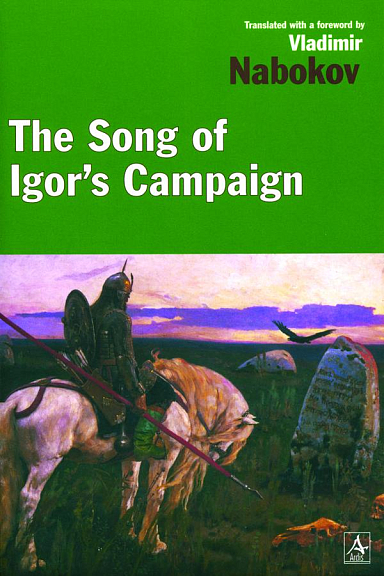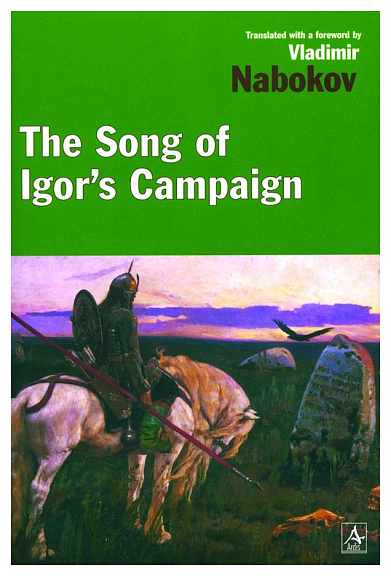-
Книги
- Нонфикшн
- Гуманитарные науки
- Деловая литература
- Естественные / Точные науки
- Книгоиздание
- Лайфстайл
- Словари / Энциклопедии
- Художественная литература
- Детектив
- Драматургия
- Классическая проза
- Мифология. Эпос
- Поэзия
- Собрания сочинений
- Современная художественная проза
- Фантастика. Фэнтези
- Биографии / Мемуары
- Графические романы / Комиксы
- Детские книги
- Воспитание. Педагогика
- Детский досуг
- О детских книгах
- Познавательная литература
- Художественная литература для детей
- Журналы / Зины
- Архитектурные
- Гуманитарные
- Журналы о моде
- Зарубежная периодика
- Искусство / Фотография
- Кино / Театр
- Лайфстайл
- Книги «Подписных изданий»
- Книги на иностранных языках
- Английский язык
- Испанский язык
- Итальянский язык
- Книги на иностранных языках для детей
- Немецкий язык
- Финский язык
- Французский язык
- Шведский язык
- Книги о кино
- Книги о музыке
- Книги о средневековье
- Книги о театре
- Книги о фотографии
- Книги об искусстве / Книги об архитектуре
- Альбомы по искусству
- Архитектура
- Декоративно-прикладное искусство
- Живопись
- Искусствоведение
- Орнаменты
- Прочее
- Танец
- Татуировка
- Творческое развитие
- Книги по философии
- Кулинарные книги
- Николай Солодников рекомендует
- Предзаказ
- Про дизайн / Про моду
- Путеводители / Книги о путешествиях
- Канцелярские товары
- Подарки
- Подарочные сертификаты
Адрес магазина: Санкт-Петербург, Литейный пр., 57
The Song of Igor's Campaign
| Автор | Nabokov V. |
|---|---|
| Издательство | Ardis |
| Год издания | 2004 |
| Переплет | Мягкий |
| Страниц | 128 |
| Формат | 138x203 мм |
| Язык | Английский |
| ISBN | 9780875010618 |
| Артикул | 1093450 |
The Song of Igor's Campaign is the most imaginative, celebrated, and studied work of early Russian literature. It describes a chivalric expedition undertaken in the late twelfth century by a minor prince in the land of Rus to defeat, against overwhelming odds, a powerful alliance in a neighboring territory. The anonymous poet who chronicled this adventure packed unprecedented metaphorical agility, keenness of observation, and fascinating imagery into the lean and powerful tale of the doomed campaign. Discovered in the late eighteenth century and only narrowly distributed, the original manuscript was destroyed in a fire, leading to endless debate about the provenance and authenticity of extant versions. It also served as the basis of Borodin's opera Prince Igor. Translated by Vladimir Nabokov, the verses that constitute The Song of Igor's Campaign are presented in their original rhyme and meter, and Nabokov's extensive annotations provide illumination on all aspects of text.
Подписка на рассылку
Раз в месяц будем присылать вам обзоры книг, промокоды и всякие-разные новости




